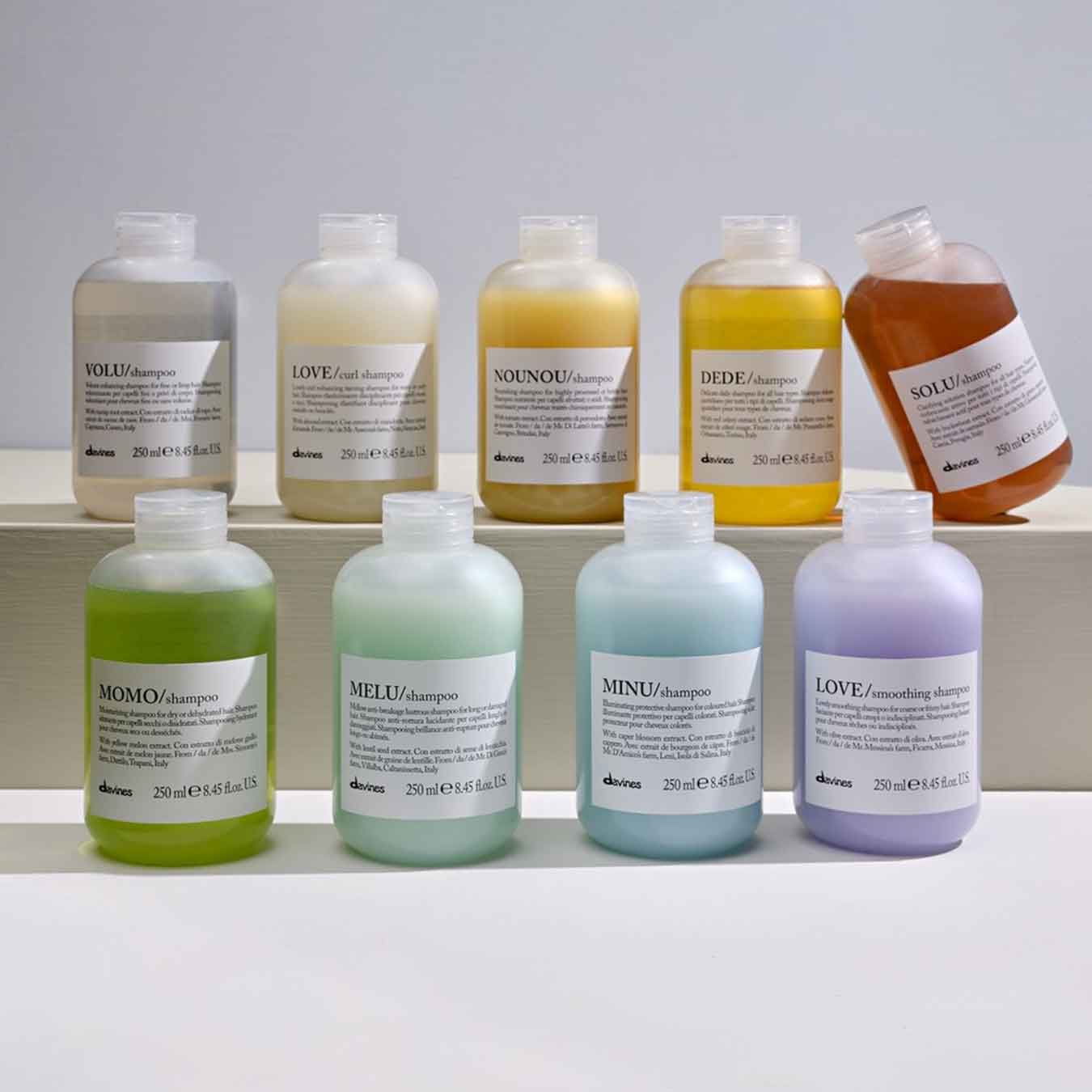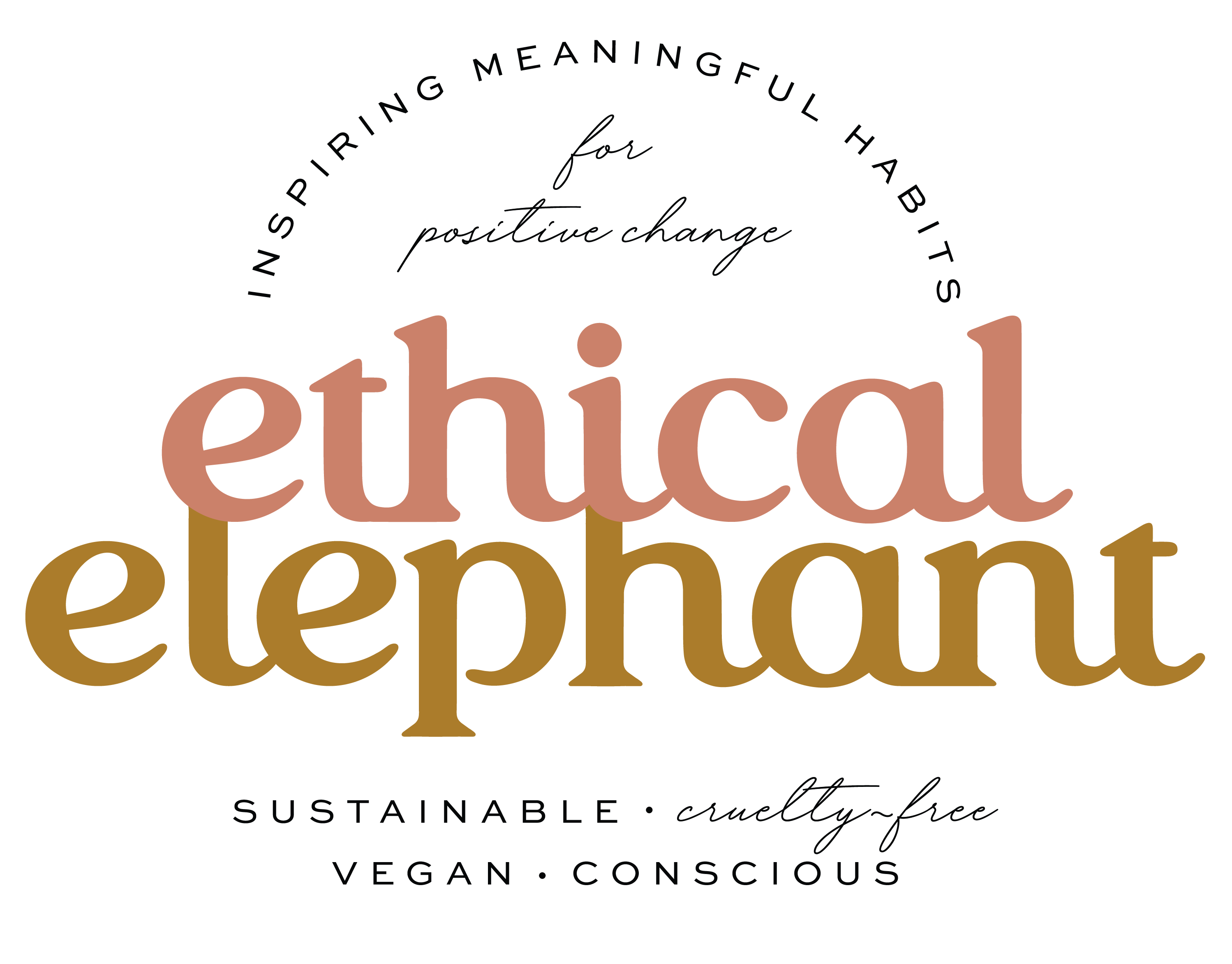This post may contain affiliate links that at no additional cost to you, I may earn a small commission.
Is Davines Cruelty-Free?
🐰 Davines is a cruelty-free brand. None of Davines’ ingredients or products are tested on animals. Davines has met all the criteria in our Cruelty-Free Checklist and is included in our Cruelty-Free Directory.
Does Davines Test on Animals?
When asking, does Davines test on animals? We must look beyond to ensure none of Davines’ ingredients or suppliers test on animals. And they don’t sell in any conditions that may require animal testing by law.
In our research, we discovered the following:
- ✓ Davines confirmed they do not test their products or ingredients on animals or ask others to test on their behalf.
- ✓ Davines confirmed all their ingredient suppliers do not test on animals
- ✓ Davines confirmed they do not allow or sell their products under conditions where animal testing is required by law
By meeting all of our Cruelty-Free Criteria, Davines is a truly cruelty-free brand by our standards.
What is Davines’ Animal Testing Policy?
Below is a screenshot of what’s currently stated on Davines’ website about its animal testing policy:
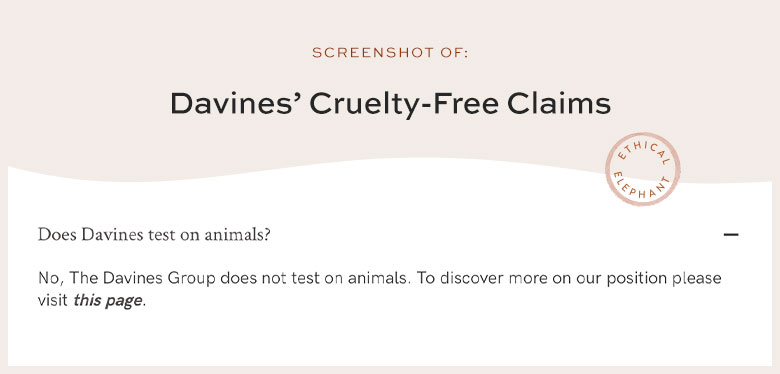
Animal Testing in China – 2023 Update!
With the recent changes to China’s animal testing laws, cosmetic companies can now export and sell some of their cosmetics in China without animal testing only if they meet ALL of the following preconditions first.
- ONLY sell ‘general’ cosmetics (like makeup, skincare, haircare, nail polish, and perfumes)
- must NOT sell any ‘special’ cosmetics like sunscreens, hair dye, hair perming, or other cosmetics claiming new efficacy
- must NOT sell products designed for infants or children
- must NOT sell products that contain a ‘New Cosmetic Ingredient’
- AND if post-market testing is required, then the company must have a policy in place where it will RECALL its products rather than allow its products to be tested on animals
Also, products must meet ONE of the following in order to avoid animal testing in China:
- manufactured in China, or the final assembly is in China
- if manufactured outside of China and then exported to China, companies must obtain the proper product safety certificates and documents
To avoid animal tests, Davines has confirmed it only sells general cosmetics that were domestically manufactured in China.
Davines also states that in the unlikely event that post-market testing is needed, they have “the ability to recall the product from the market before any animal tests could happen. While we do not anticipate this being an issue for the Davines Group, we pledge that we will not, now, or ever, take the path of testing on animals.“
Follow the highlighted lines in the graphic below to see how Davines avoids animal tests while selling some of its general cosmetics in China.
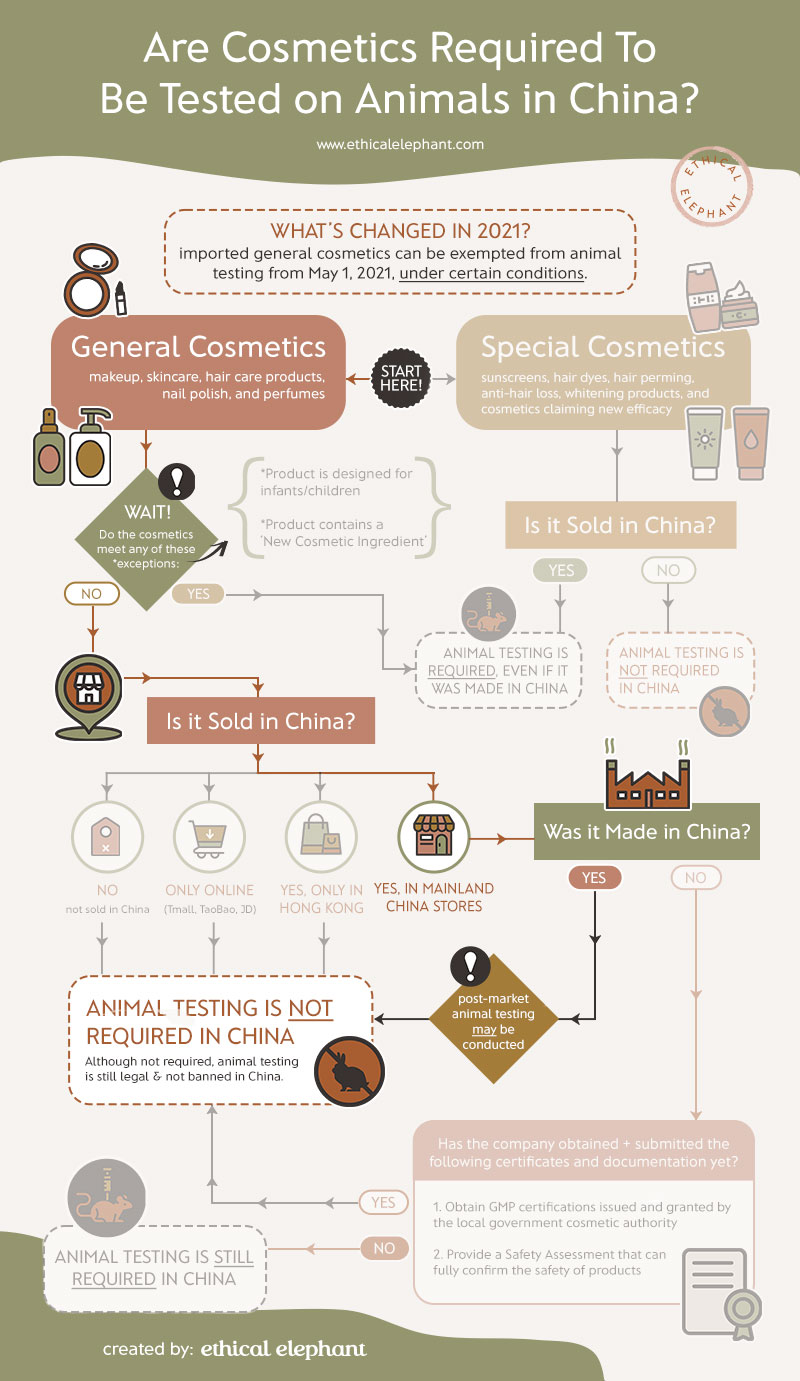
For a detailed break down of Davines’ statements and responses to selling in China while remaining cruelty-free, continue reading.
Is Davines Certified Cruelty-Free?
Davines is not certified by a third-party cruelty-free accreditation like Leaping Bunny or PETA.
Although Davines is not certified cruelty-free, the company has confirmed to us it is a truly cruelty-free brand by meeting all the criteria in our Cruelty-Free Checklist.
Note that companies can remain to be cruelty-free without an official cruelty-free certification. Some companies may choose not to be certified cruelty-free because of cost, privacy, or lack of resources.
Is Davines Sold in China?
On Davines’ website, the brand states it began selling some of its domestically manufactured, general cosmetics in China since 2021.
“In 2017 we decided not to initiate any new product registrations in China due to animal testing requirements. At the same time, to avoid any future animal testing carried out by the local authorities, we started to look for alternative ways to sell our products in China and avoid any potential animal testing.
Starting in the first quarter of 2021, we will begin domestic manufacturing of our non-special use products, specifically filling them for distribution to the Chinese market in China. This route of domestic manufacturing does not require animal testing. By current practice, the local authority does not include animal testing in the registration process of non-special use cosmetics packaged in China and meeting the Chinese safety standard, as our products already do.” (Source)
As of 2014, ‘general’ cosmetics manufactured & sold in China are no longer required to be tested on animals.
This only applies to ‘general cosmetics’ like body lotions, lipsticks, and nail polish. But all special cosmetics like sunscreens, whitening products, hair dyes, antiperspirants, and cosmetics claiming new efficacy are all still required to be tested on animals in China.
Davines bypassed China’s mandatory animal tests on cosmetics by filling its ‘general cosmetics’ in China.
Post-Market Testing in China
In the event of a customer complaint, Chinese officials will administer product safety tests that may or may not involve animal test subjects.
Davines’ response about the risk of post-market testing and how they’re handling these concerns is as follows:
“The Chinese authorities could require post-market animal testing of non-special use cosmetic products filled in China if there were any safety concerns. In this case, the company has the ability to recall the product from the market before any animal tests could happen. While we do not anticipate this being an issue for the Davines Group, we pledge that we will not, now, or ever, take the path of testing on animals.” (Source)
Cruelty-Free Policies 2023
Just because a brand claims it is ‘Cruelty-Free,’ doesn’t always mean that’s the case.
That’s because there is no legal definition for the label ‘Cruelty-Free.’ It can mean different things to different people. But Cruelty-Free is generally used to imply no animal testing. More specifically, the ingredients, formulation, or finished product are not tested on animals at any stage of product development.
At ethical elephant, we always assess a company’s cruelty-free policy using our Cruelty-Free Checklist. This ensures no animal testing was performed by the brand itself, its suppliers, or any third parties.
How We Assess Cruelty-Free Policies
Since 2015, the start of my blog, I’ve been emailing companies asking about their animal testing policies and cruelty-free commitments.
And based on the responses I receive from companies, I’ll research to find any supporting facts needed before concluding whether the brand should be classified as “Cruelty-Free,” “Animal-Tested,” or “Grey Area – Unclear Policies.”
☕️ Every week, I continue to reach out to new brands while trying my best to keep current brands updated. If you found any of my posts or guides helpful, consider Buying Me A Coffee! I would greatly appreciate it! ❤️
What about Vegan?
Just because something is called Cruelty-Free, doesn’t always mean it’s Vegan. And vice versa.
Cruelty-Free only refers to no animal testing, while Vegan means formulated without animal products.
Some brands are Cruelty-Free, but not Vegan.
And some are Vegan, but not Cruelty-Free.
Another important distinction to know is, Vegan in cosmetics can refer to an entire brand is 100% Vegan or a specific product is Vegan.
Is Davines Vegan?
⭐️ Davines is NOT an entirely vegan brand. But Davines offers some vegan options that are free of animal products.
How to know which of Davines’ products are vegan?
Davines claims most of their products are vegan except for its VOLU/Hair Mist, Nourishing Royal Jelly Superactive, Strong Dry Wax, and This is a Strong Moulding Clay.
The following is a screenshot of what’s currently stated on Davines’ website about its vegan claims:
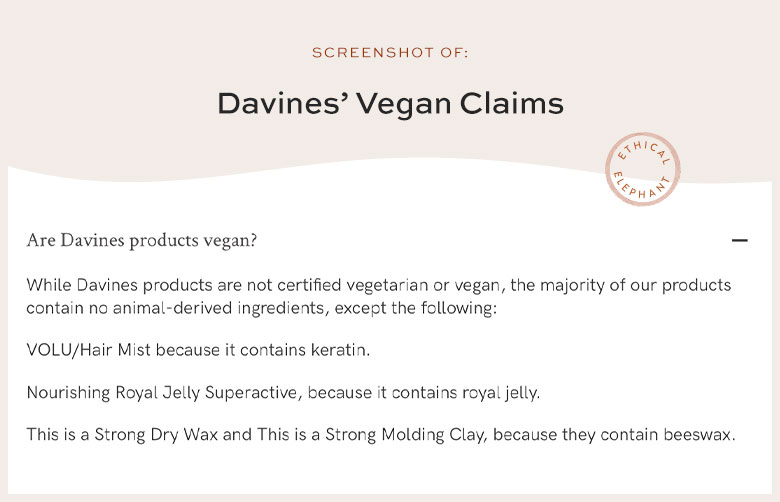
Where to buy Davines? Check out davines.com and Nordstrom!
Vegan Policies
Similar to ‘Cruelty-Free,’ there is no standard or legal definition for the label ‘Vegan.’ But Vegan is generally used to mean formulated without animal-derived ingredients or animal by-products.
Some common animal products in cosmetics include carmine, lanolin, snail mucus, beeswax, honey, pearl or silk-derived ingredients, animal-based glycerin, keratin, and squalene.
There are plant-based and synthetic alternatives to animal-derived ingredients. But unless a brand explicitly labels its ingredients or product as Vegan, it’s often difficult to know with certainty whether a product is vegan just by reading the ingredient list.
So it’s best to ask the company and manufacturers to ensure the ingredients they chose were from non-animal sources.
Where are Davines’ products made?
Davines states on its website:
“Where are Davines products made?
All Davines products are designed, formulated and manufactured at our headquarters and laboratories in Parma, Italy.”
Ethical Mica Mining Policy
Mica is a mineral used in cosmetics to add a shimmery effect. But the mining of natural mica has been linked to child labor and human rights violations.
Unless the company discloses its mica mining policy, we have no way of knowing whether its mica is ethically sourced without child or forced labor.
So I asked Davines if their mica is ethically sourced without the use of child labor and they responded by stating,
“We can reassure the customer Davines selects MICA from suppliers that provide a specific declaration about sustainable and responsible sourcing, avoiding child and forced labor.”
I hope this article helped you to understand Davines’ cruelty-free and vegan status and by choosing cruelty-free together, we can help end animal testing for cosmetics once and for all!
If you found this helpful, consider Buying Me a Coffee. So that I can continue to keep this site running and updated.






